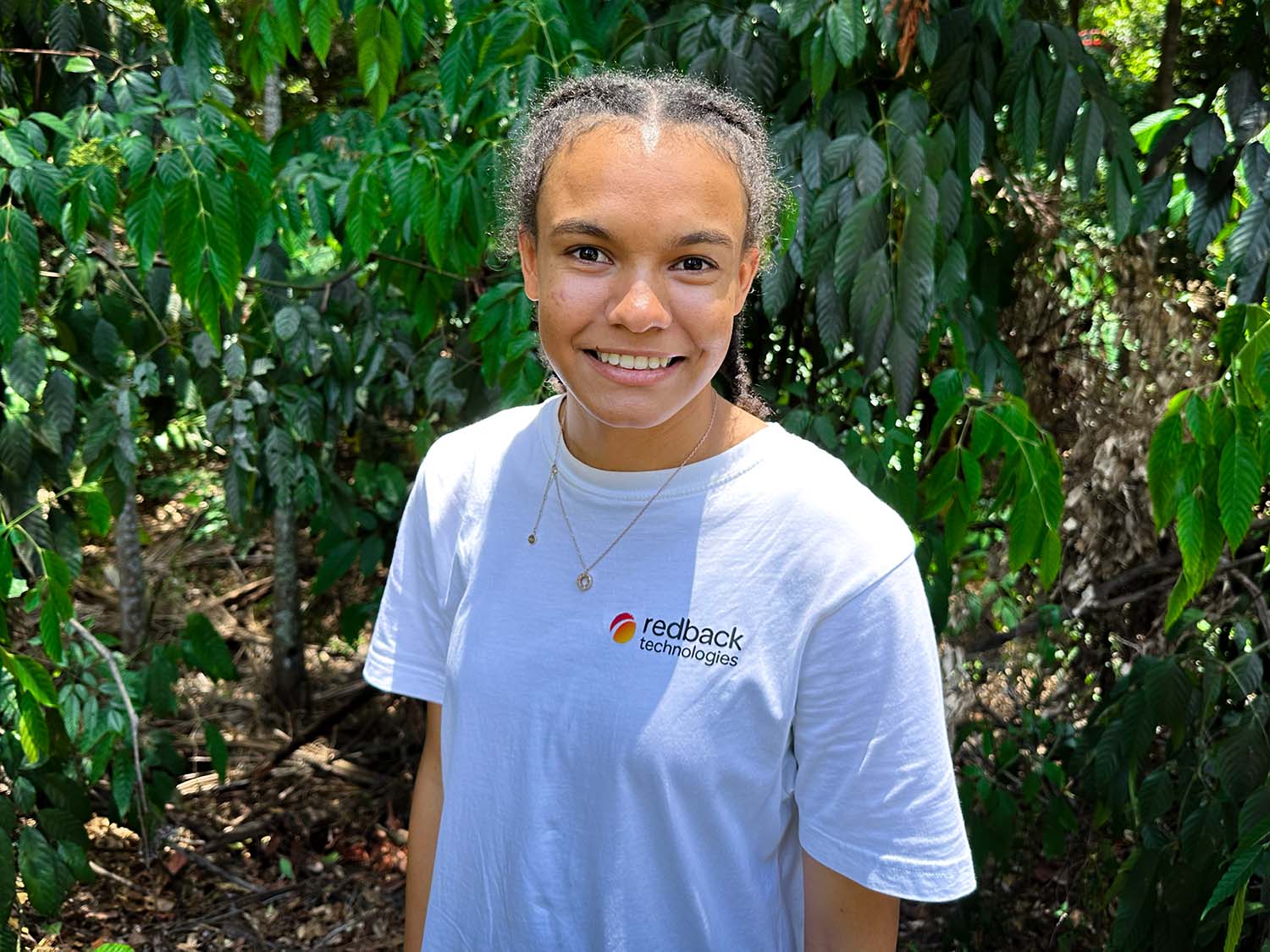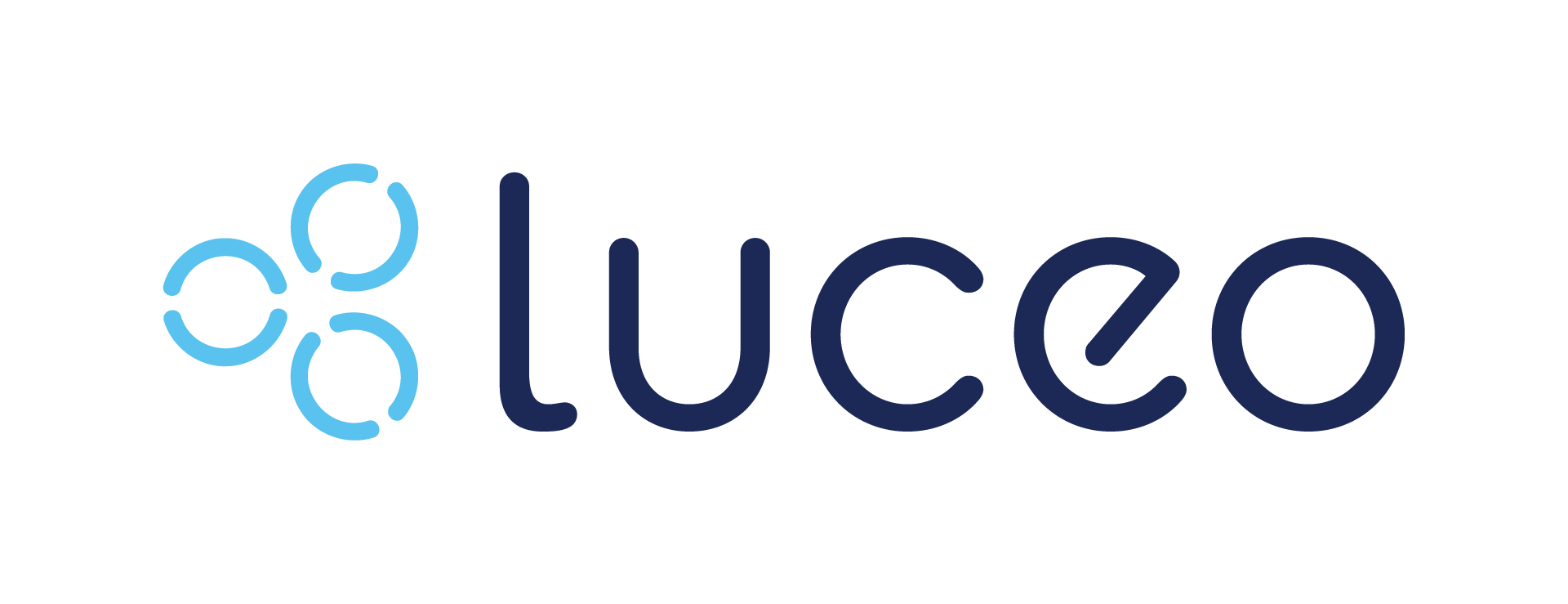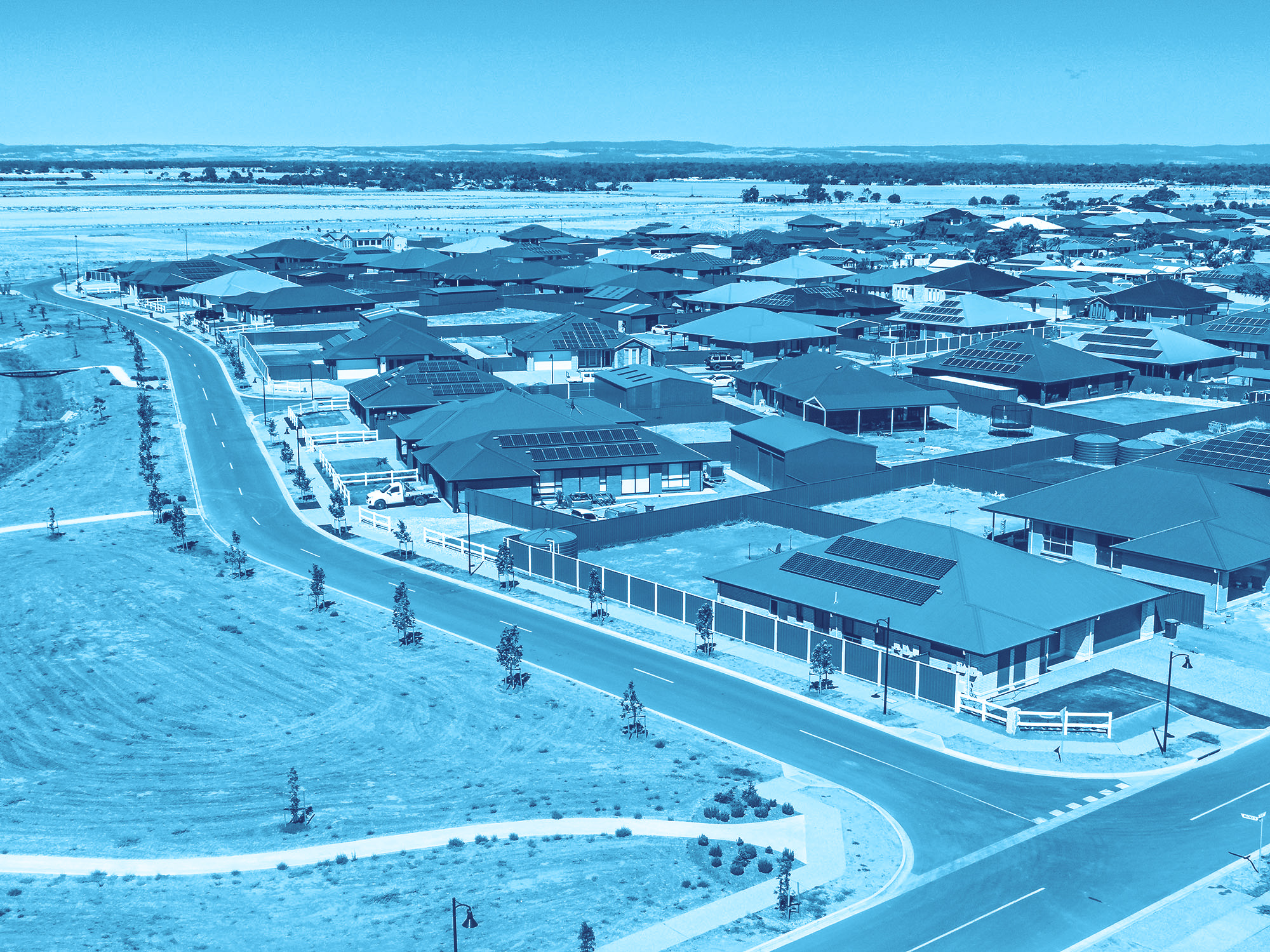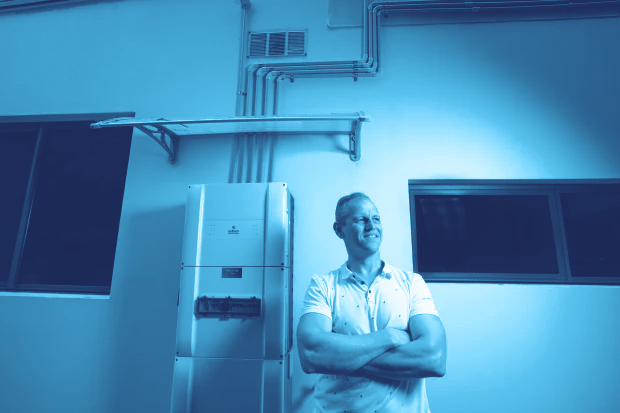API summer intern, Cameron, adds value to the team
At Redback, we are lucky to work with the Australian Power Institute (API) to facilitate summer internships, an experience that has proven to be enriching for both students and Redback.

Our latest intern is Cameron Woodley, a third-year student at the University of Queensland, working towards a rigorous 5-year dual degree. With a Bachelor of Engineering and a Bachelor of Computer Science in her sights, Cameron is majoring in Electrical Engineering and Cyber Security, respectively. Here at Redback, we are incredibly happy to have Cameron’s fresh eyes and intellect helping with the game-changing technology being developed for the energy industry.
Cameron said that growing up she has always wanted to do something in maths and science, then later discovered computer science and thought it would be a good avenue to explore, hence the dual program. Cameron chose Electrical Engineering because she has always been interested in physics, and both degrees appealed to her as they sounded like a good mix of things in which she is interested.
The API Student Bursary came to Cameron’s attention through her Electrical Engineering course.
“I thought I would give it a go and apply and was then asked to interview. I was surprised and thankful to have been awarded the bursary as it is such a good program to be part of” says Cameron. “Summer internships are really useful to complete your hours for graduation in addition to gaining work experience, which can give you an edge when you’re entering the workforce.”
Cameron states that the API Bursary is a great community to be a part of. “A bonus was going to one of their conferences last year – EECON 2022. It was extremely interesting, and I got to meet up with people from different states. It was nice to meet and network with other people from the bursary program.”
Cameron has been working with the Luceo device team, specifically looking at Electric Vehicle (EV) detection. This entails using data provided from smart meters and smart devices such as inverters and looking at different signals to figure out when EVs are charging and where.
During her internship Cameron engaged in a lot of research and created an algorithm to detect if an EV is charging in a particular geographical area. Cameron says it has been a good mix of machine learning, statistics, and data correlation. In its current testing phase, Cameron’s algorithm provides 90% accuracy as to when and how many EVs are charging within an area.
This visibility around EVs gives Distributed Network Service Providers (DNSPs) some control over managing the grid, network planning and looking at the security of the grid in relation to EVs. If too many EVs are charging in close proximity at the same time, it can start overloading the grid, wearing down the infrastructure a DNSP has in place and risking brownouts. The algorithm detects where EVs are charging and can see if they’re charging at a time when the grid is at peak, specifically looking for clusters of EVs to see if there are too many charging at the same time.
This knowledge allows the DNSP to put in place the best safeguards possible for ensuring that the integrity of the grid is maintained. It also gives DNSPs the chance to manage faults proactively; when EVs reach a penetration of 4 in 10 houses within the same area, this can start wearing down the infrastructure, possibly causing voltage violations.
Cameron’s algorithm will be integrated into the Luceo platform on a full-time basis to give a confidence rating for where EV clusters are. This could provide a starting point for DNSPs to put an action plan together and get ahead of all the EVs forecasted to come into Australia.
Cameron said that while her internship has been a steep learning curve, it was a particularly good learning experience. “The team was incredibly helpful and supportive, and it was interesting to see how technology is used in industry. I’m amazed at how immense data can be utilised and there’s so much potential for what can be done with that”.
Cameron encourages students to apply for the API Student Bursary to have the chance to expand on theoretical aspects of learning. “Doing an internship at Redback, you learn that it’s not about performing a lot of maths or theory, it’s more focused on the practical aspects of the business. If a client wants something, you set about making a product for them. The theory is a good base to have, and you build upon that while you’re learning other useful skills used in industry.
“When you go back to your studies you can have that in mind, knowing that all this ‘real-world’ experience is great motivation to keep going forward with your studies, especially with a five-year degree!”





